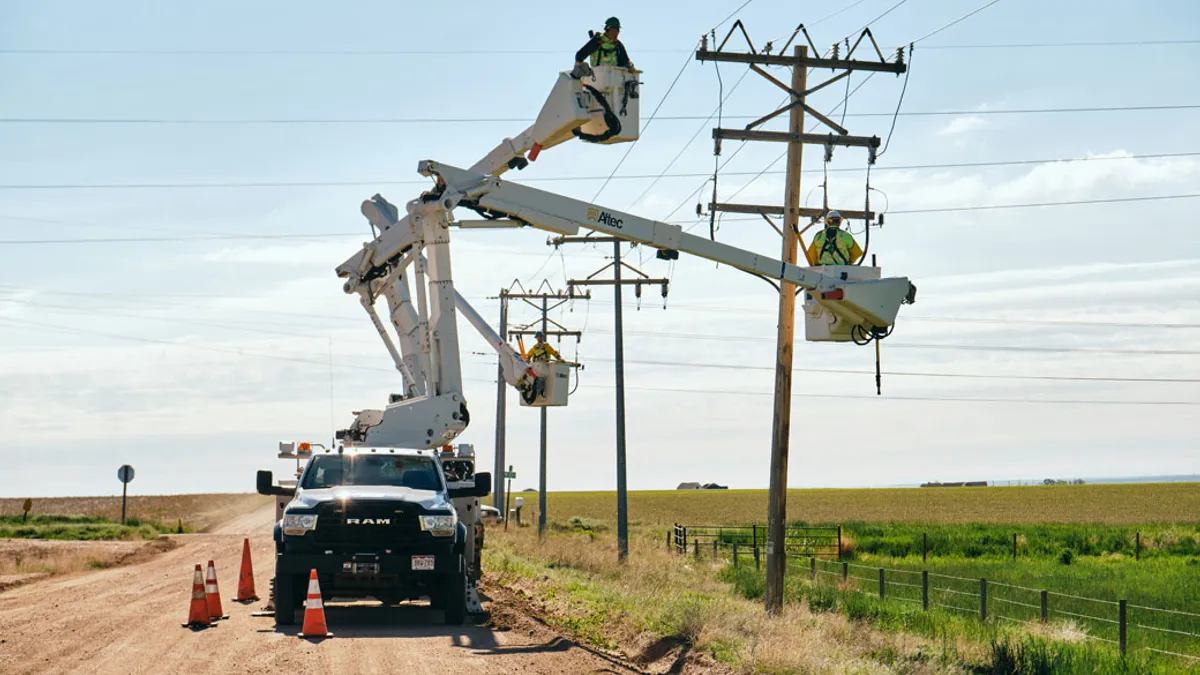Whether you are talking about an investor-owned, municipal or a cooperative utility, contracts to buy and sell power are central to how electric utilities do business. In the generation and transmission cooperative context, contracts are for more than just purchasing power; they are also collective ownership agreements that define how cooperative owner-members equitably share the benefits and costs of their power supplier.
Electric cooperatives that are members of generation and transmission co-ops, including Morgan County Rural Electric Association, value our ownership of our power supplier. Contractually owning our not-for-profit power supplier with other members creates the fundamental economies of scale that make rural generation and transmission affordable and reliable. But within our own G&T, Tri-State, some of our member utilities seek to terminate their contracts, relinquishing their obligations to the cooperative members. And, problematically, they seek to do so at such low costs that will harm the rest of our G&T’s membership.
To provide members with flexibility, Tri-State’s members democratically set processes to facilitate exits through a contract termination payment methodology filing with Federal Energy Regulatory Commission, which is now considering the cost exiting member-owners must pay to sever their contracts prematurely and, we insist, compensate and protect Tri-State’s remaining members from harm. Our co-op is gravely concerned about some members’ fight to undervalue our contracts with Tri-State and pay as little as possible to walk away from the obligations we all agreed to share.
As Tri-State members await a Commission decision, expected this summer, it is difficult to overstate the stakes. At the core, the Commission is determining whether we will have the opportunity to continue with the clean energy transition we have underway and the reliable, affordable electric service we are proud to provide in our rural communities.
Should the Commission’s decision deliver a discount to the exiting members for terminating their contracts early, not only will our energy transition momentum and trajectory be at risk, but the remaining membership will be left paying a share of the exited members’ costs.
And this could have ripple effects for other generation and transmission cooperatives across rural America. Morgan County REA, and the majority of our fellow members have directed Tri-State to work on our behalf to achieve a reasonable and just outcome in this proceeding. As compared to certain of the members that seek to exit Tri-State, many of the communities we, the other members, serve are economically disadvantaged, but by working together, we are leveraging our resources to have the means to litigate expensive and lengthy regulatory proceedings.
While our co-op and our neighbors founded Tri-State 70 years ago, I can tell you that the reasons we created our power supplier then still persist today. The cooperative model that exists across the United States is keeping the lights on for millions of Americans, because we know we are stronger when we work together to secure reliable, affordable and responsible power and energy services, rooted in the cooperative principles of sharing the benefits, costs and risks of delivering power to the communities we serve.
We don’t believe it is reasonable or just for a fellow member of any cooperative to commit to pay their share of the business, then change their mind and terminate their contract in a way that leaves the rest of us paying their bill.










